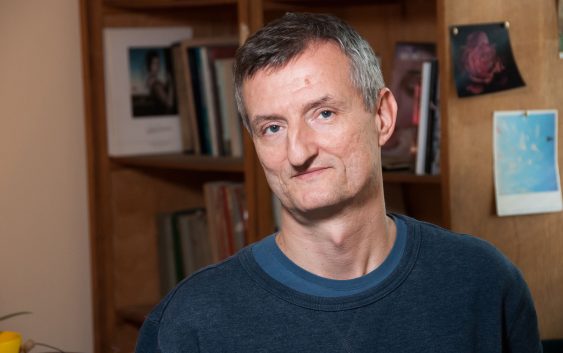Kant’s unsocial sociability (ungesellige Geselligkeit)

PP: Lecture 14. FFF
10.6 Monday 12:00, Faculty of Philosophy (Lecture Theater 8)
Kant’s unsocial sociability (ungesellige Geselligkeit)
Ivan Milenkovic, PhD
Kant belongs to the group of anthropological pessimists; for him, people are selfish, self-living, jealous creatures who long for property and a master. Therefore, by nature, there is antagonism between people. Everyone wants to have more than others; everyone wants to be a master. At the same time, people realize that they cannot survive on their own, so it is necessary to unite—that is, to give up extreme selfishness. However, the antagonism still exists and threatens to destroy society. Kant asks the question: How is it possible to form a community that will survive despite constant conflicts? How can a community be formed, despite the resistance its people harbor against the community?
Kant calls these two mutually opposed aspirations unsociable sociability (ungesellige Geselligkeit). It is a means by which nature is used to realize human potential. Kant writes: “Let us be grateful to nature for the impatience, for the competitive vanity, for the insatiable desire for possession, even for dominance! Without them, all the great natural potentials (talents) in humanity would forever remain undeveloped and dormant.” Without those, says Kant, “not very amiable qualities from which the resistance arises, which every man must encounter because of his selfish desires, in the idyllic pastoral life, in perfect harmony, contentment, and mutual love, all talents would remain forever hidden in their rudiments; as harmless as grazing sheep, men would hardly have acquired a greater value for their lives than those domestic animals of theirs.”
One way for society to survive is through a master who would unite the community under the condition of unfreedom. Another way is through the republic.
in collaboration with: 

